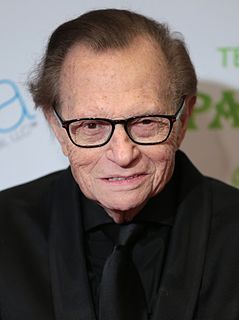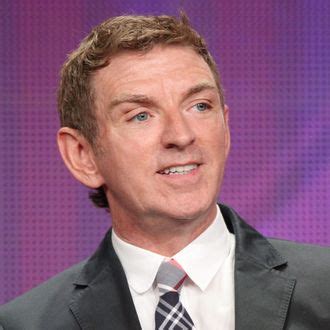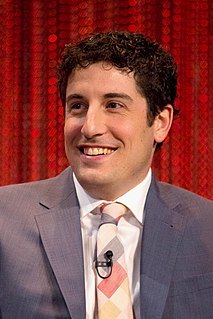A Quote by Saswata Chatterjee
The first condition for comedy is that if you laugh at your own jokes, others won't laugh. You have to say something funny very seriously.
Related Quotes
If a comedian tells a joke that you find funny, you laugh. If he tells a joke you do not find funny, don't laugh. Or you could possibly go as far as groaning or rolling your eyes. Then you wait for his next joke; if that's funny, then you laugh. If it's not, you don't laugh - or at very worst, you can leave quietly.
I remember reading in a comedy book very long ago when I first started, a person said there's a difference between a sense of humor and a sense of funny. A sense of humor is knowing what makes you laugh and a sense of funny is knowing what makes other people laugh. The journey of comedy, in a sense, is negotiating those two worlds.
The first purpose of comedy is to make people laugh. Anything deeper is a bonus. Some comedians want to make people laugh and make them think about socially relevant issues, but comedy, by the very nature of the word, is to make people laugh. If people aren't laughing, it's not comedy. It's as simple as that.
If a comedian tells a joke that you find funny, you laugh. If he tells a joke you do not find funny, dont laugh. Or you could possibly go as far as groaning or rolling your eyes. Then you wait for his next joke; if thats funny, then you laugh. If its not, you dont laugh - or at very worst, you can leave quietly.
Life is very tough, you know. You sit at a dinner party and talk to the person on your right or your left, you're going to hear something terribly sad, or horrible, or awful. And you just laugh at everything. I think it was Winston Churchill who said something like, any time you get someone to laugh, you're giving them a little vacation. It's so true. You laugh for one second, you're happy. I find in negotiations, everybody's sitting around looking so serious, I say something funny and it breaks the ice. And it's like, now we can get through this.
I'm not offended. Lenny Bruce taught me that everything's funny. You can make everything funny. I don't think that assassinations are funny, I don't think you can make fun of ISIS, but almost everything is funny. And If we can't laugh at ourselves, who can we laugh at? So I don't mind ethnic humor. I like ethnic humor. I like dialect jokes. Laughter is a very subjective thing. If it's funny to you it's funny. And a lot of things are funny to me.
Kind of the exhausting thing about doing pure comedy, or something that's broader, is you're kind of a slave to the laugh. If it's not funny, then there's not much point in doing it. The kind of über-objective is to make people laugh. You always have to have that in the back of your mind, "Eh, I've got to figure out a way to make this funny."
Kind of the exhausting thing about doing pure comedy, or something that's broader, is you're kind of a slave to the laugh. If it's not funny, then there's not much point in doing it. The kind of ueber-objective is to make people laugh. You always have to have that in the back of your mind, 'Eh, I've got to figure out a way to make this funny.'
I'd like to do more dramatic roles but I would never give up comedy to do it. I've seen a lot of actors that do a complete 180 degrees and say: "I'm done with comedy, I want to be taken seriously." I take my comedy very seriously and I want to be taken seriously because of my comedy. I think it's more fun for me. I enjoy laughing and attempting to make people laugh. So I'd like to do more drama but I'd never do the 180 thing.































